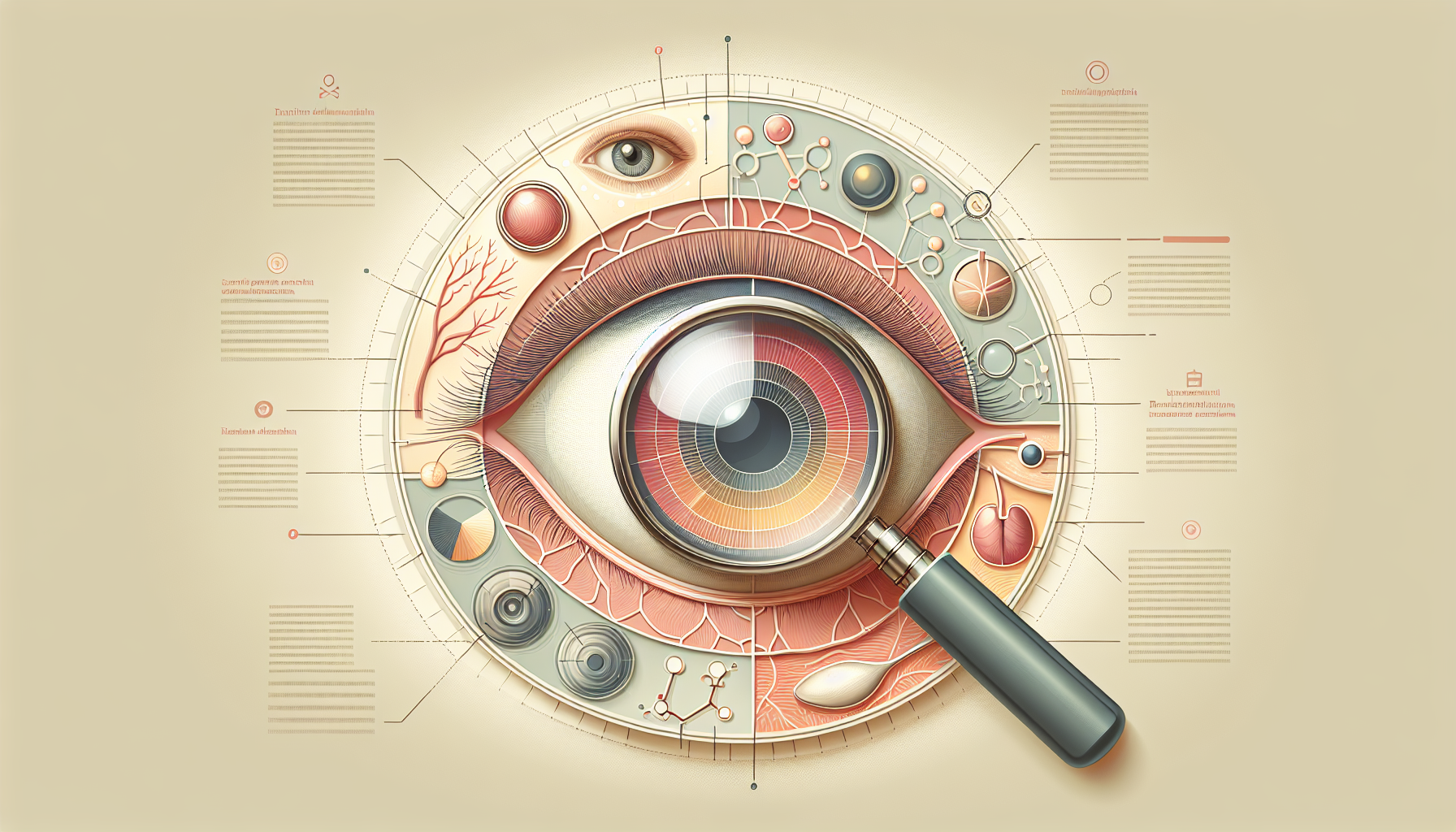Understanding Age-Related Macular Degeneration: An Insight
As an ophthalmologist, I, Dr Navin Kumar Gupta, am always keen on sharing valuable information about eye health. Here, I aim to shed light on a common eye condition – Age-Related Macular Degeneration (AMD).
AMD is a common eye disorder that can result in vision loss among older people. This condition affects the macula, a small spot near the center of the retina required for sharp, central vision, which aids in tasks like reading, driving, and recognizing faces.
The severity of AMD can vary significantly. Some people might not experience any vision loss, while others might suffer from a significant decrease in vision. However, early detection can help manage this condition effectively.
There are primarily two types of AMD – Dry and Wet. Dry AMD is more common and is characterized by the thinning of the macula. Wet AMD is less common but more severe, involving the growth of abnormal blood vessels under the retina, leading to rapid vision loss.
The early signs of AMD can be subtle, and include gradually blurred or distorted vision, a dark area in the center of vision, or color changes. It’s crucial to consult an ophthalmologist if you witness any of these symptoms.
While there is no known cure for AMD, various treatments can slow its progression. In the case of wet AMD, treatments like laser therapy or injections into the eye can help. For dry AMD, dietary supplements containing antioxidants and zinc may slow the disease’s progression.
Regular eye check-ups are essential to detect such conditions early. At Shankar Netrika Eye Centre in Mumbai, we provide comprehensive eye care services, including diagnosis and treatment of AMD. As a seasoned ophthalmologist and retina specialist, I ensure that my patients receive the best possible care for their eyes.
Remember, your eyes are a window to the world. Let’s keep them healthy and clear. For more information or to schedule an appointment, visit our website at https://shankarnetrika.com/ or call us at 9920044620.
(Disclaimer: This information is intended to provide general knowledge about eye health. It should not be used to replace professional medical advice, diagnosis, or treatment. Always consult your eye care professional for advice about your specific, individual health needs.)

Comments are closed for this post.